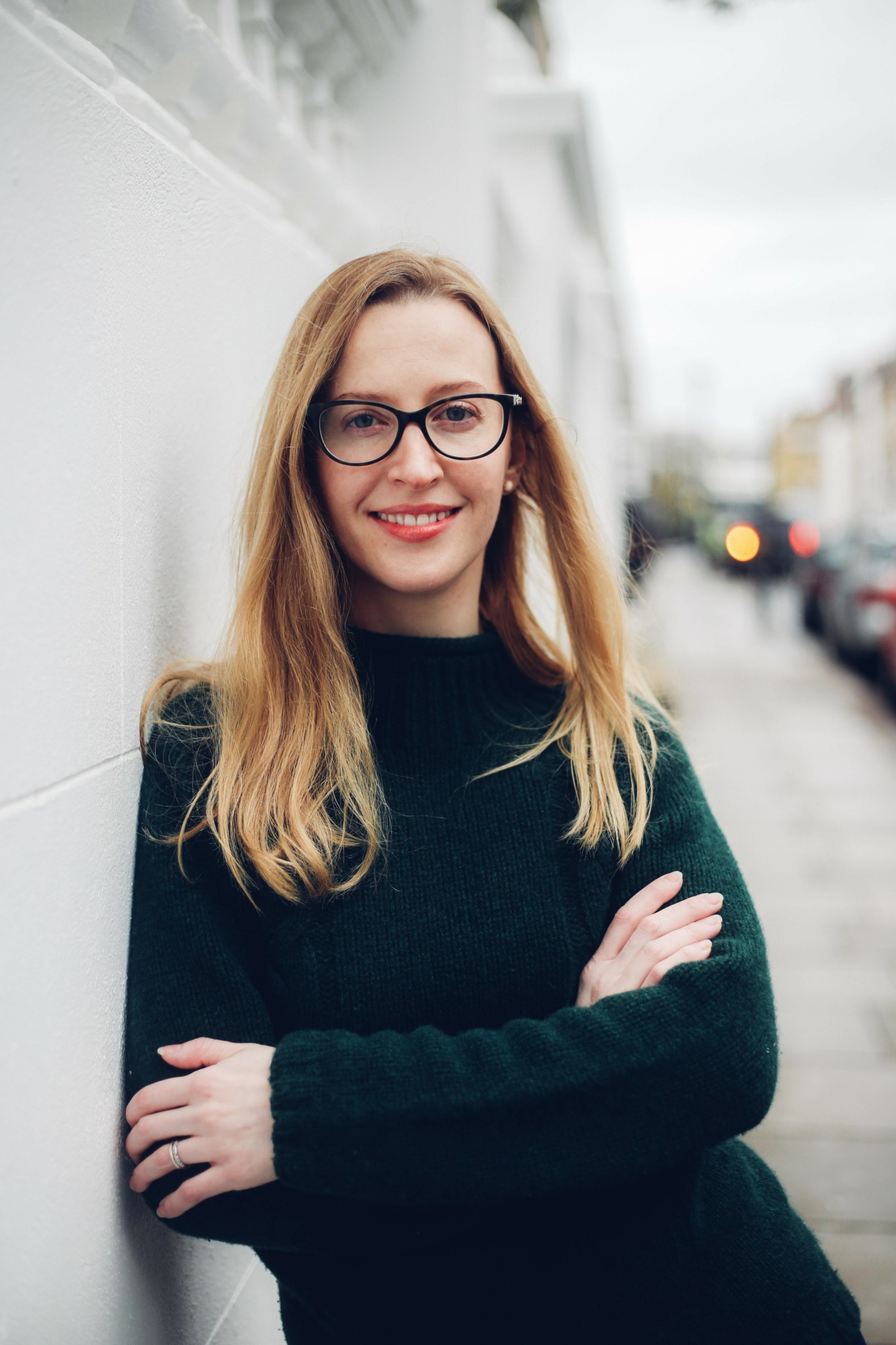We’re excited to introduce you to the always interesting and insightful Lauren Jane Barnett. We hope you’ll enjoy our conversation with Lauren Jane below.
Hi Lauren Jane, thanks for joining us today. Do you wish you had started sooner?
I often wonder if things would have been easier getting a degree in creative writing. It would mean that by 21 I would already ahve contacts in the industry and a colleciton of short stories or even a novella under my belt. If I went on to do a Creative Writing MA I could graduate with a book deal or an agent at only 24. At that age, I had tried art sales, hated it, and went back to get my PhD to teach. I was miserable, when I could have been on my way to success. It’s a nice idea, but also wouldn’t have actually worked.
I’ve always written – ever since my mum took me back to work with her after kindergarten and sat me at her typewriter to keep me busy. But I never thought to pursue it as a career when I was young. I needed a ‘stable job’ and employment was my focus. I was very single-minded when I was young and also had a lot on my plate. If I had been in creative writing, I’m not sure anything I wrote would be as good, or that I would be as proud of it as I am now. When I was 18 my parents were killed, but I was struggling to process that for the next decade, and if it did appear in my work, it would have been trite and cliche at best. I would have written it for a grade, or approval, and not really spent the time to make my writing good, or mean something to me.
My career happened in stages, but at a time when I was ready to take advantage of it. When I had a sense of who I was and had decades of practicing writing and perfecting it. It meant I could hit the ground running.
I became a writer – and a screenwriter – kind of by accident. I was finishing my PhD and I used to love walking London to pass the time and let my mind whirr. I always loved horror movies and kept trying to find a walk that was horror-related. This would have been 2013 or so, and at the time no horror walks existed. I was complaining to a colleague about it and they said, “you should give one”. Using my research skills it was easy and fun to put walks together, and I started giving them every week. One day, again by luck, my publisher – Strange Attractor Press – thought it would be a good idea for a book. And that’s how my first book happened.
“Death Lines: Walking London’s Horror History” is a book of walks around London where horror films were made, taking you to each location a nd looking at why directors and filmmakers used that spot. Being a book, I also got to add some one-off locations that are really cool or well known, but not near enough to be walking distance from other places. It was a great way into the industry, and while it wouldn’t ever make me rich, it opened up so many doors.
Speaking with the publishers gave me the confidence to send my creative writing to magazines, which then got published. That’s also mostly horror, but a sci-fi or two is in there. I get a nice steady work from writing short stories and I love it. I always wrote them, but I never had the confiedence to try and sell them until “Death Lines”.
And promoting “Death Lines” is how I ment my partner, Tony Mardon. He’s a film director, producer, and actor and meeting him opened up that entire world to me. I’ve now written some for him and two other directors as well as my own screenplays – the first of which, “Robot Armadillo” came out last year and won a few awards. That progress builds other connections and blossoms from there.
If this had all happened when I was in my twenties, I don’t know that I would have taken advantage of the opportunities, and I also know I wouldn’t have the life experience to make my horror scripts and stories as tense and terrifying as they are. Life experience is what has taught me about fear, and inspired several of my works. For example, my first sci-fi book, “Occam’s Dream” just came out and was inspired by a time I went though where I couldn’t trust my own memory because of trauma after losing my parents. My short story “Exhibition” was inspired by my time working in art galleries. And I have been co-writing a script with the talented director Tom Lee Rutter, and the narrative of it is inspired by my own life and struggle to find an identity in my twenties. It’s all that experience that makes my writing personal and, I hope, connects with people on a very real and emotional level.
Whenever I wonder about hitting my stride younger, I look at what I have written. I wouldn’t have made any of these books or films if I had started younger.
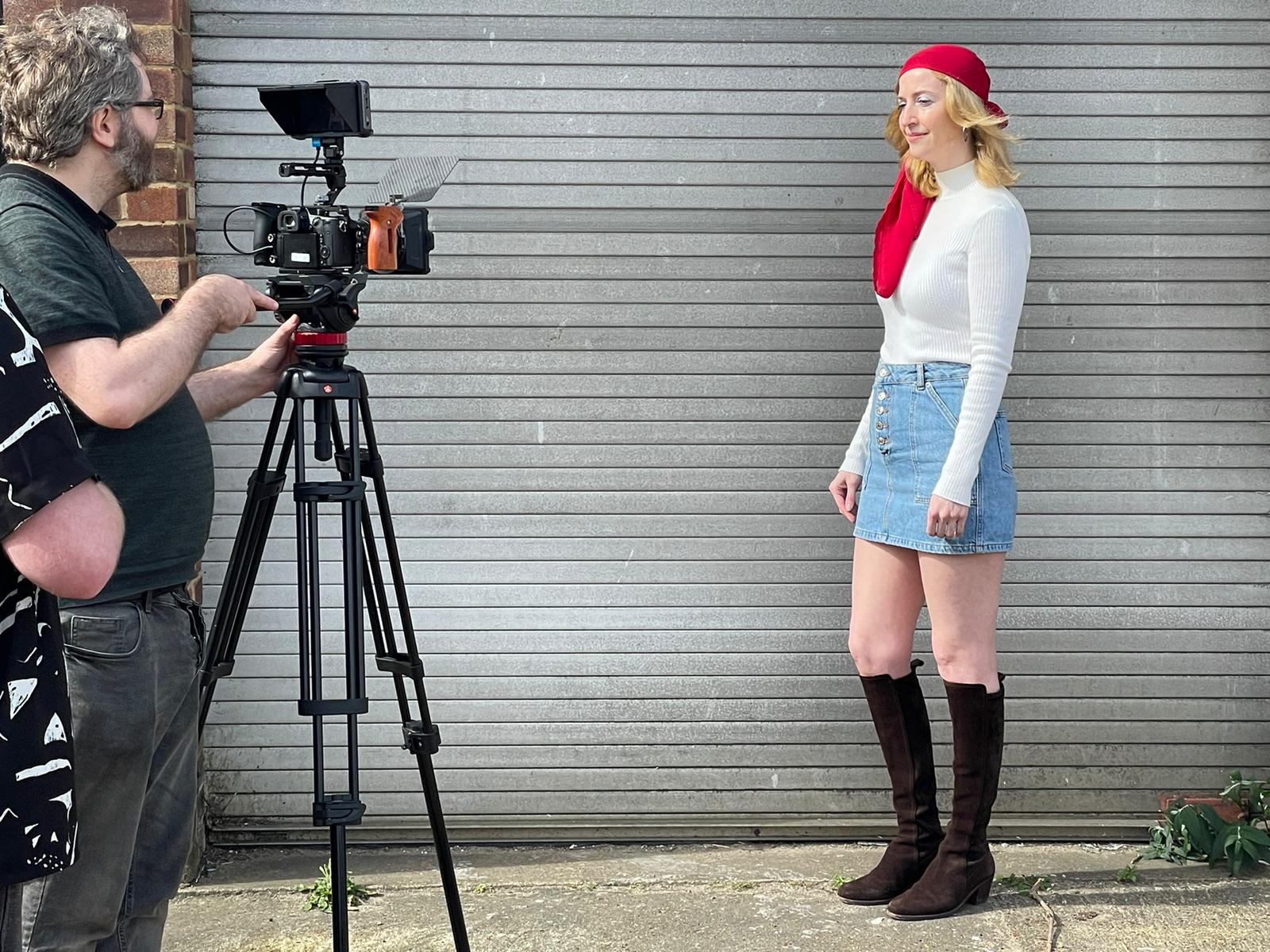
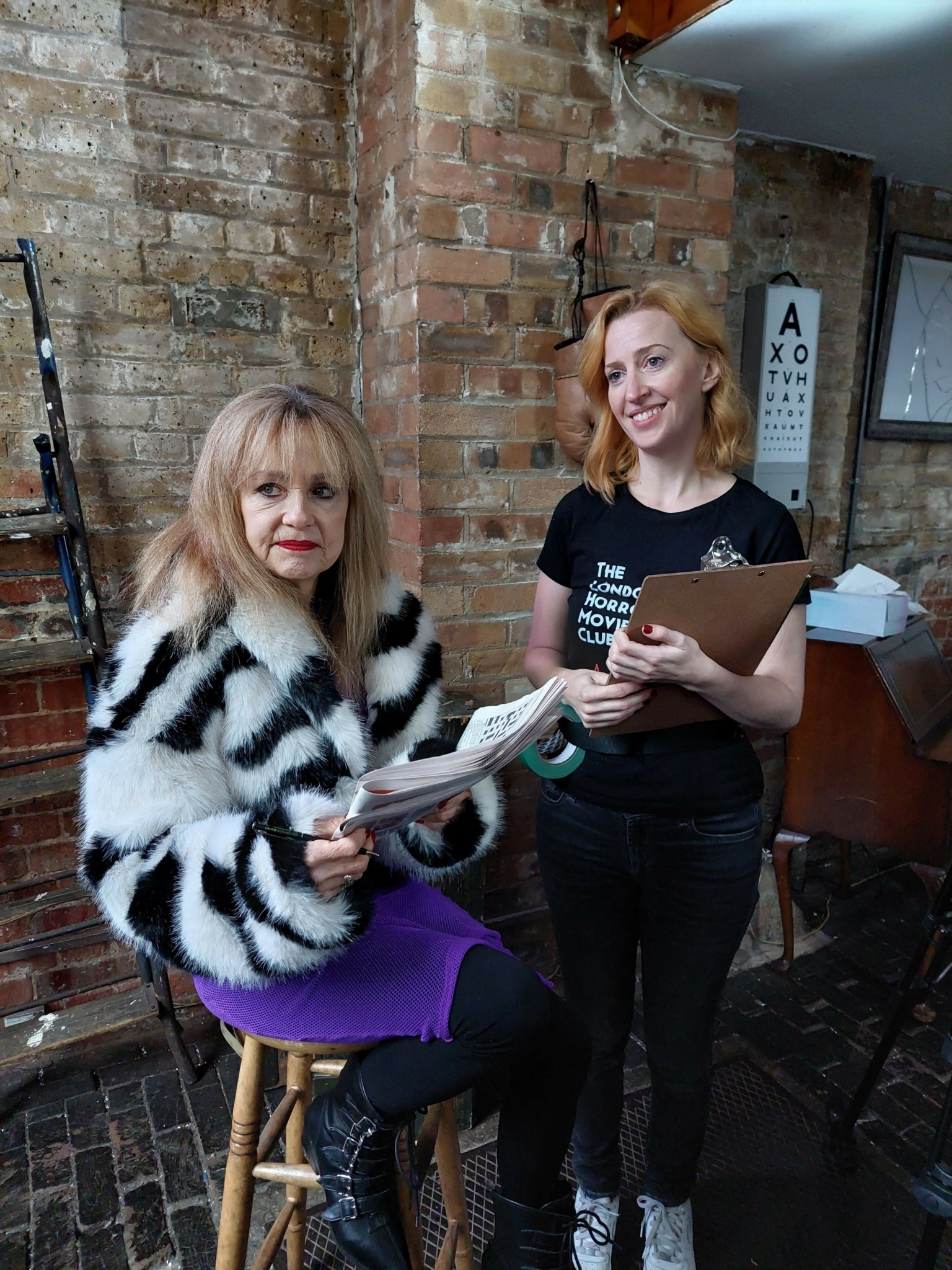
Awesome – so before we get into the rest of our questions, can you briefly introduce yourself to our readers.
My work falls into two categories: non-fiction books about horror films and horror fiction. If you are someone who loves horror films, then my non-ficiton books are there to help you dive into the world of a film – or many films – and get a sense of what influenced the film or the director. In “Death Lines” I try to bring up themes for each area, like Chelsea which has only been used by filmmakers around the Swinging Sixties, and all of the films in that area critique the social changes happening in the neighbourhood at the time. Horror Socio-political history.
My main writing is fiction, though, and what often makes me stand out are the endings of my books and stories. My favourite review on Goodreads, someone wrote: “Spooky to the core! Can’t believe you left me dangling at the end like that, dear author! How could you?” I love evoking that kind of reaction. My latest book, “Occam’s Dream” similarly, everyone who has read it asks me about the ending. The final sentence threw them entirely, and changed everything. It gets compared to “Black Mirror” for that reason. I love building the reader to an ending that pulls the rug out from under them. My work, I hope, leaves you unsettled.
My films tend to be less brutal in thier ending, and a bit more gentle, but always at the core is emotion. Emotion leads all of my fiction work. I want you to experience what the characters feel. I want it to engulf and surround you. I think that’s the lasting impression my writing makes.
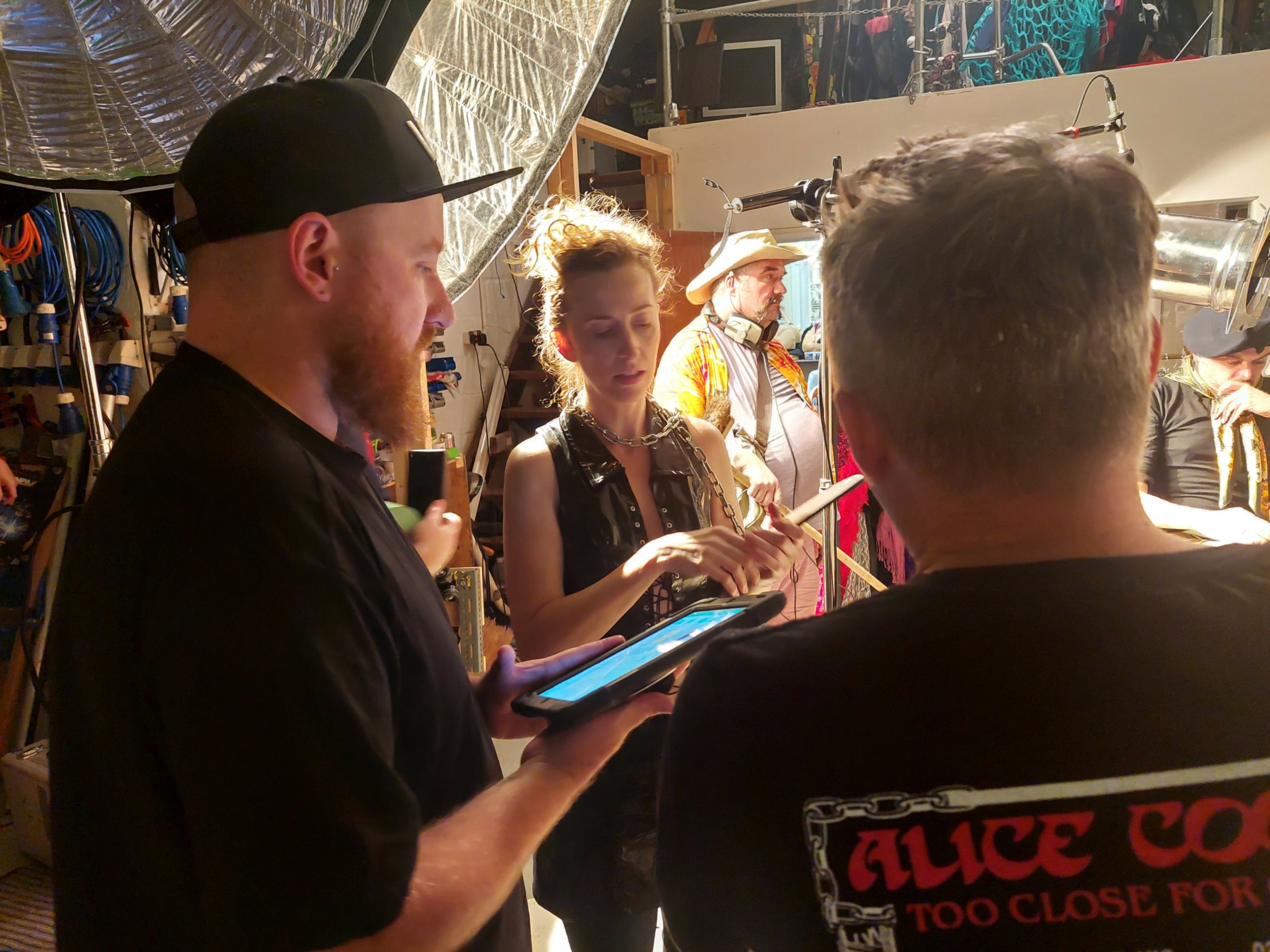
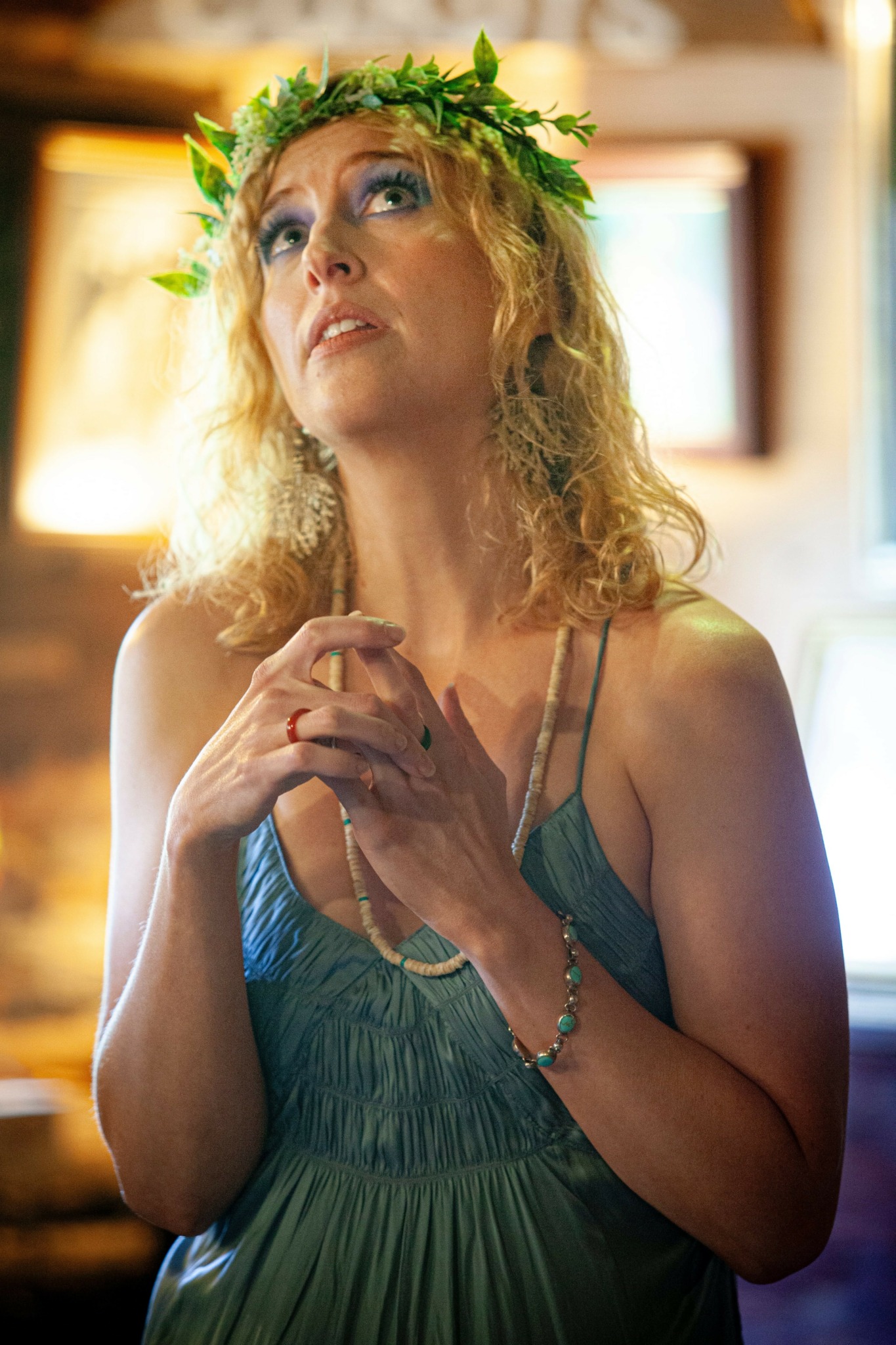
Are there any resources you wish you knew about earlier in your creative journey?
Absolutely! First and foremost, you need to submit your work for it to be published and to get paid. Submittable and Submission Grinder are the big, well-known submission aggregators, but as a horror writer, I also like Horror Tree and I find a good amount of opportunities through the Horror Writers Association, though HWA is a paid membership.
If you are writing a book or novella, it’s so helpful to have beta readers who aren’t your friends. Friends love you. They want to love your writing. Strangers don’t care, and will give you the feedback you need. Goodreads has beta reader groups and even ARC groups if you are keen for reviews. Also “The Shit No One Tells You About Writing Podcast” does beta reading match-ups every so often, which are so helpful.
If you are a writer, it’s also worth looking into your local union. Here in the UK the Society of Authors is a great union, which does advocacy work for writers, and also connects you to resources and scholarships. For working writers, they also have advice and connections for taxes and self-employment, and can connect you to royalties service as well. Remember, writing is a job and it’s best to embrace that to make the most of it.
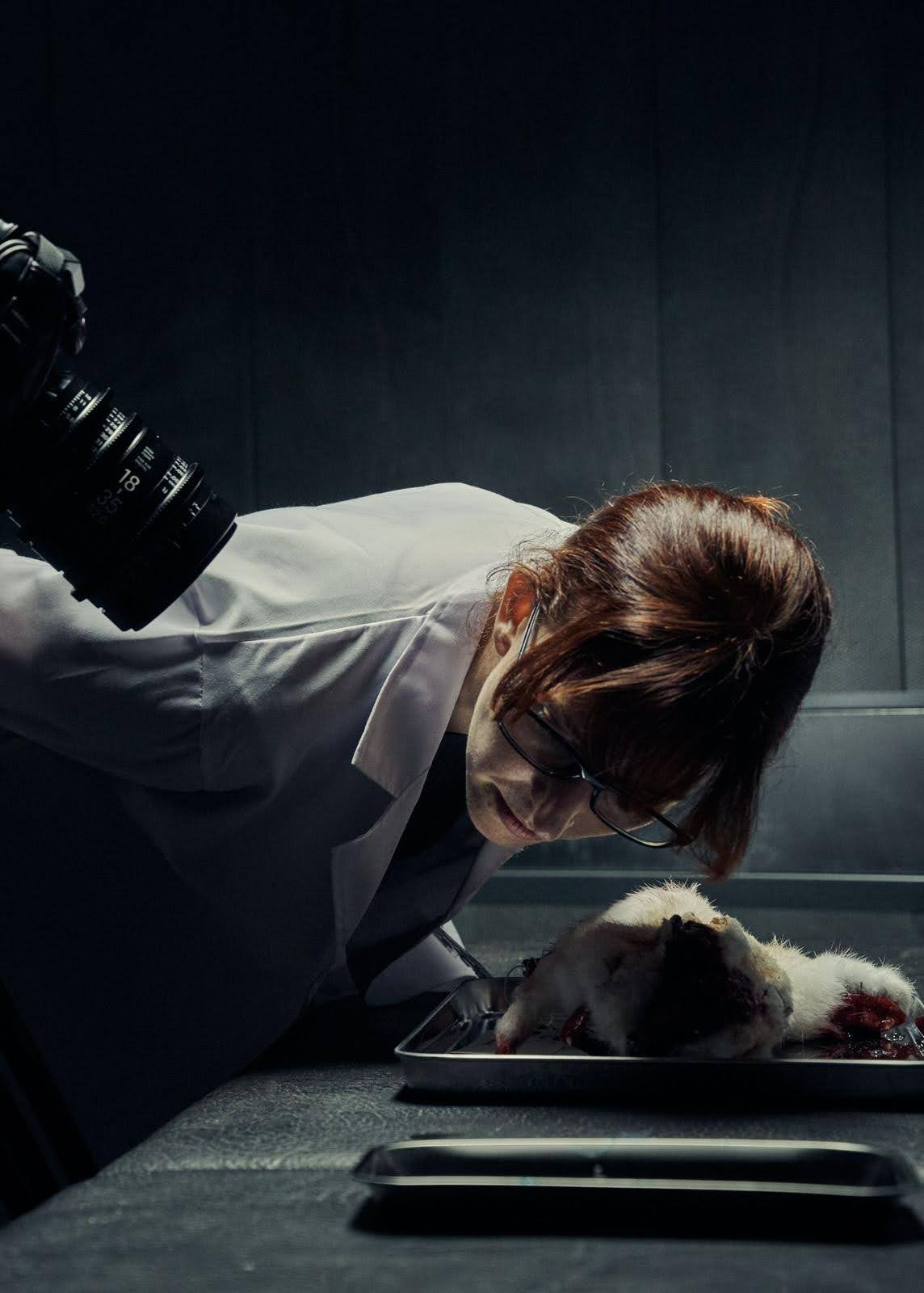
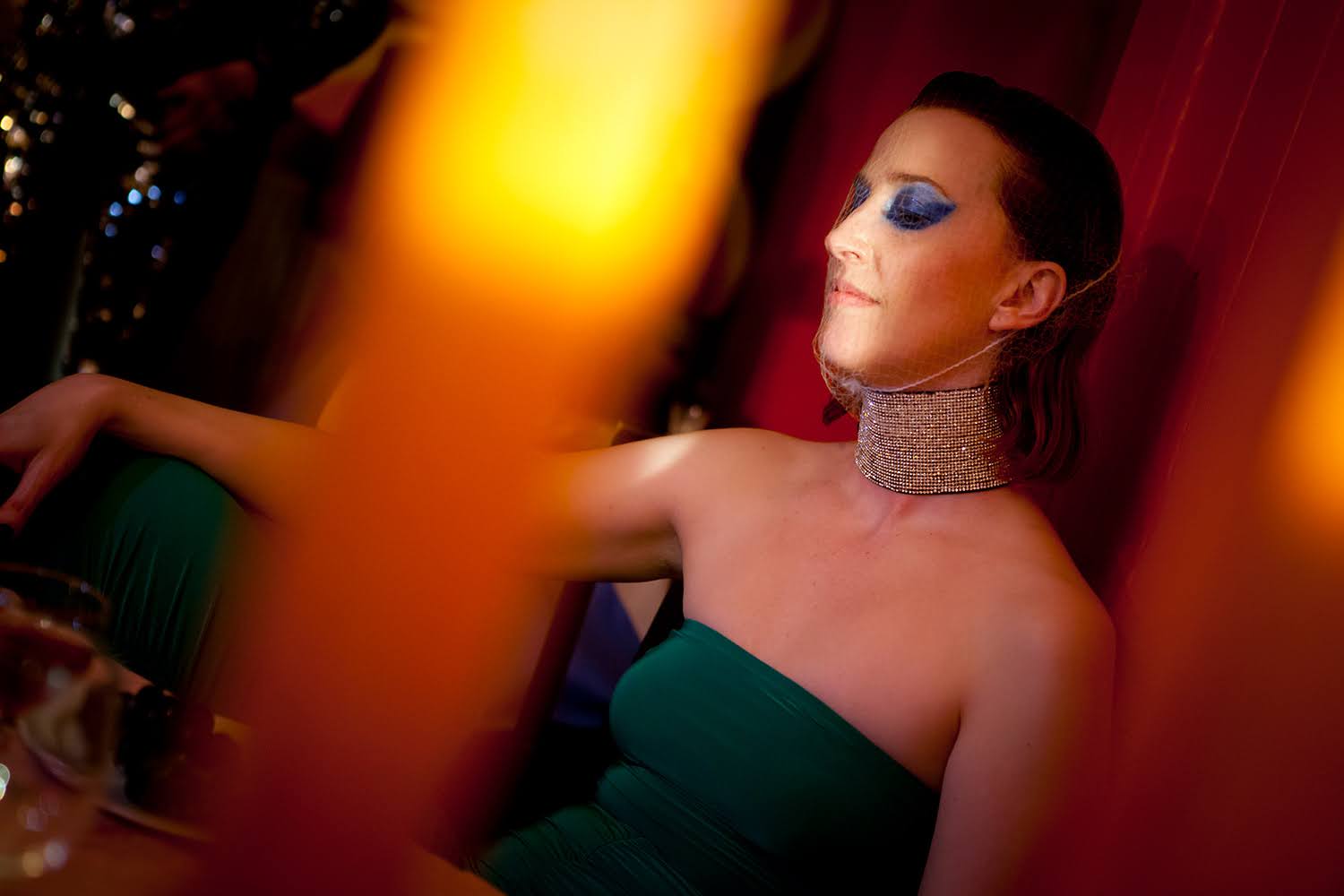
What’s the most rewarding aspect of being a creative in your experience?
Two things really. First, we make something out of nothing. You start with a blank page, and in a year, that might be a film flickering on a screen in another country or a book in the hands of a book club. And part of that – in writing – is that you have to do it all. What happens to your work is mostly off your own back. Unless you are in the top .001% your publishing house will do very little except literally print your book and maybe tweet. You do it all, from the writing to getting it out there, to getting reviews, to keeping at it. It’s tiring but rewarding because you know everything is entirely yours.
Second, and this only applies to the screenwriting, is working with people. It’s what I love most about screenwriting. All other writing is a very lonely pursuit, but screenwriting is collaboration. Your film will get interpreted by the director, the actors, the editor, and the production company (if you work with one). I work in indie film, so I also get to collaborate on the writing side of things and in making the film. In my life as a screenwriter, I’m part of a team, always. I co-wrote with Alex Churchyard for “Video Shop Tales of Terror II: Lust and Revenge”, and with Tom Lee Rutter for “Trial of the Undines”, and I worked with Tony Mardon for small moments and scenes in “The Witches of the Sands”. Once the writing was don,e I got to help in the filmmaking as well, acting or shaping the scene, it’s all very hands-on and very much part of a group. I love the people I work with and they are the most rewarding thing about my entire writing journey.
Don’t get me wrong, I still enjoy writing solo, and I always will, but I hope I always get to work with other creative people too. Screenwriting is remarkable for offering that family/group dynamic and it makes my writing better, and my life richer.
Contact Info:
- Website: http://laurenjanebarnett.com
- Instagram: @laurenjanebarnett
- Linkedin: https://www.linkedin.com/in/lauren-jane-barnett
- Youtube: https://www.youtube.com/@londonhorrormovieclub
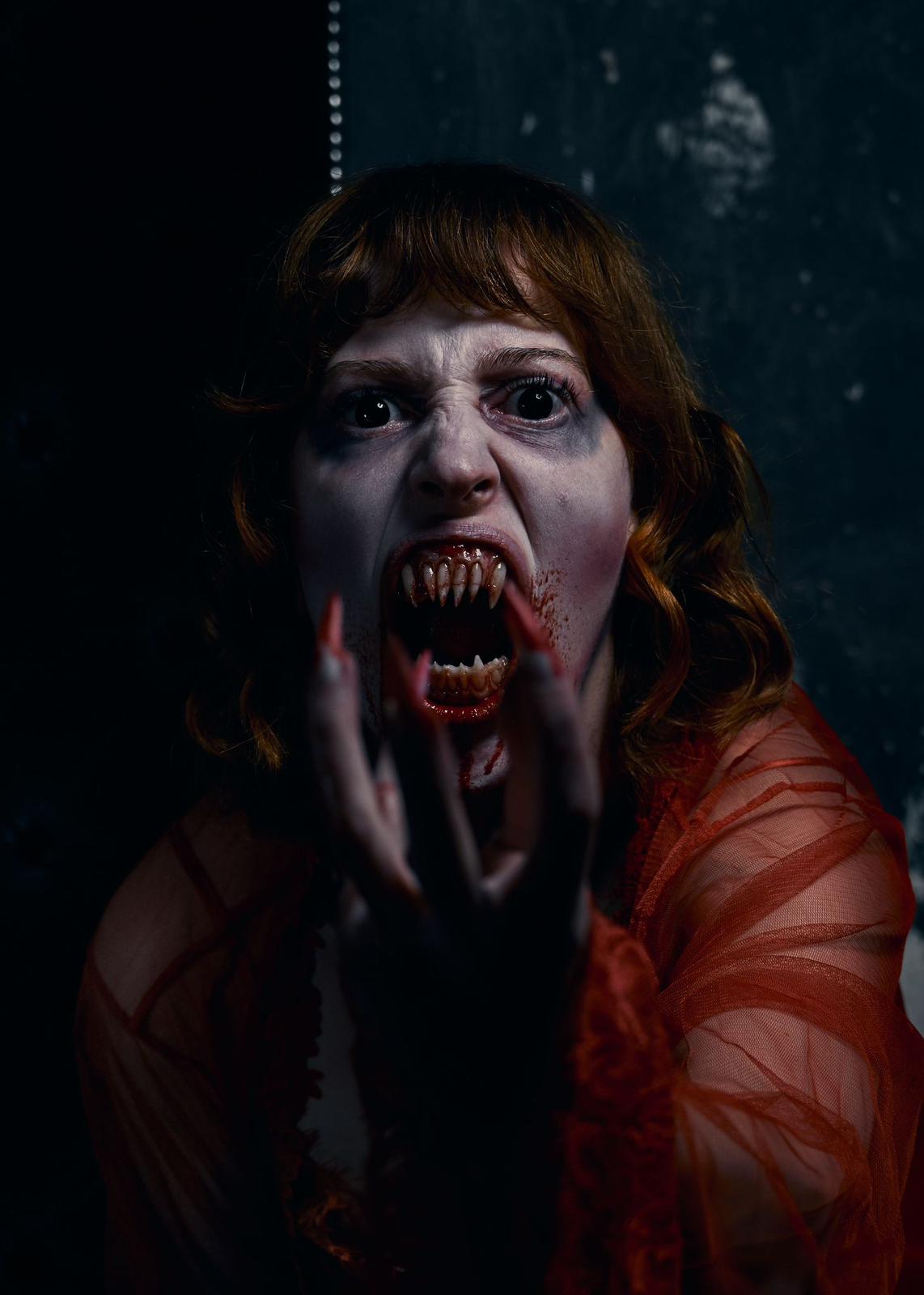
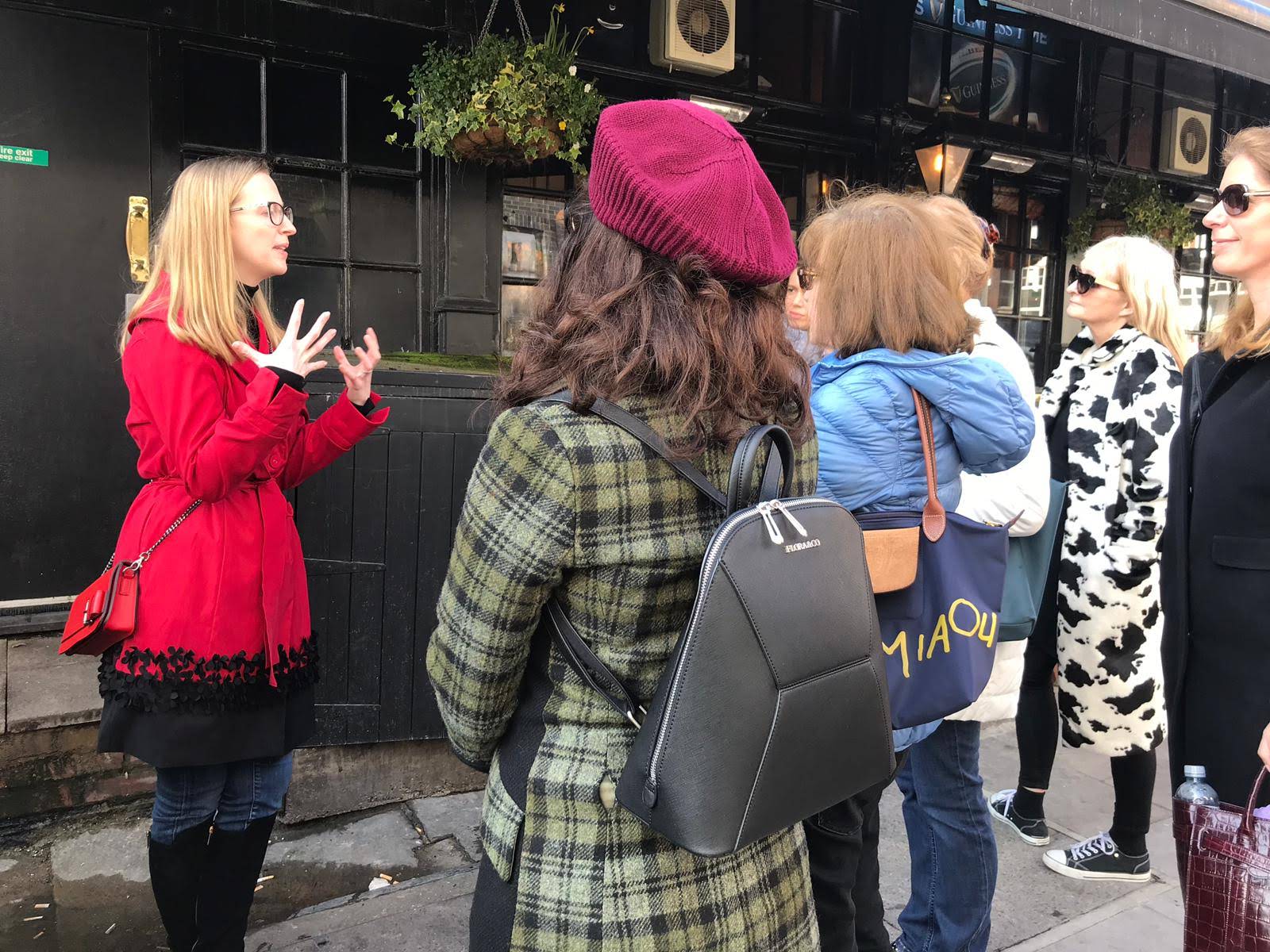
Image Credits
Three photos were taken by David Ince (https://inceville.com/). These are the photos which include in the file name David Ince or D Ince. For clarity they are me as a “vampire”, a “preacher”, “Interview” with Linnea and in a film called “Rabbit” where I inspect a rabbit. I have his permission to have the images reproduced with his credit.


